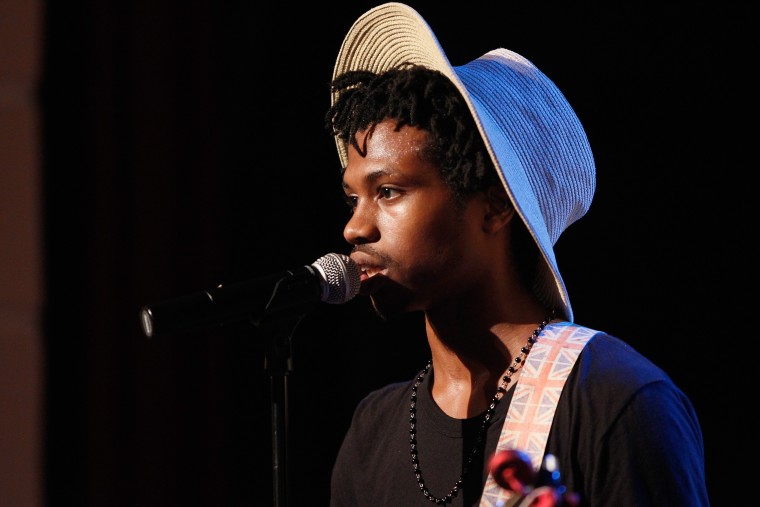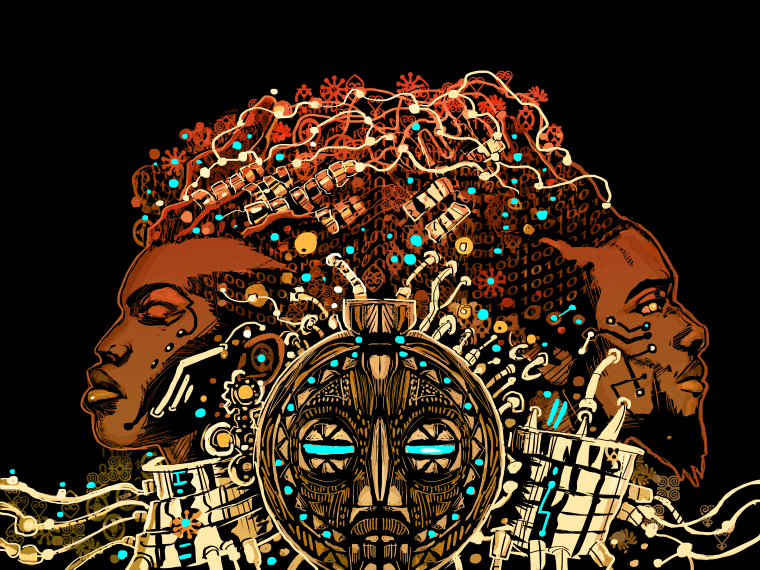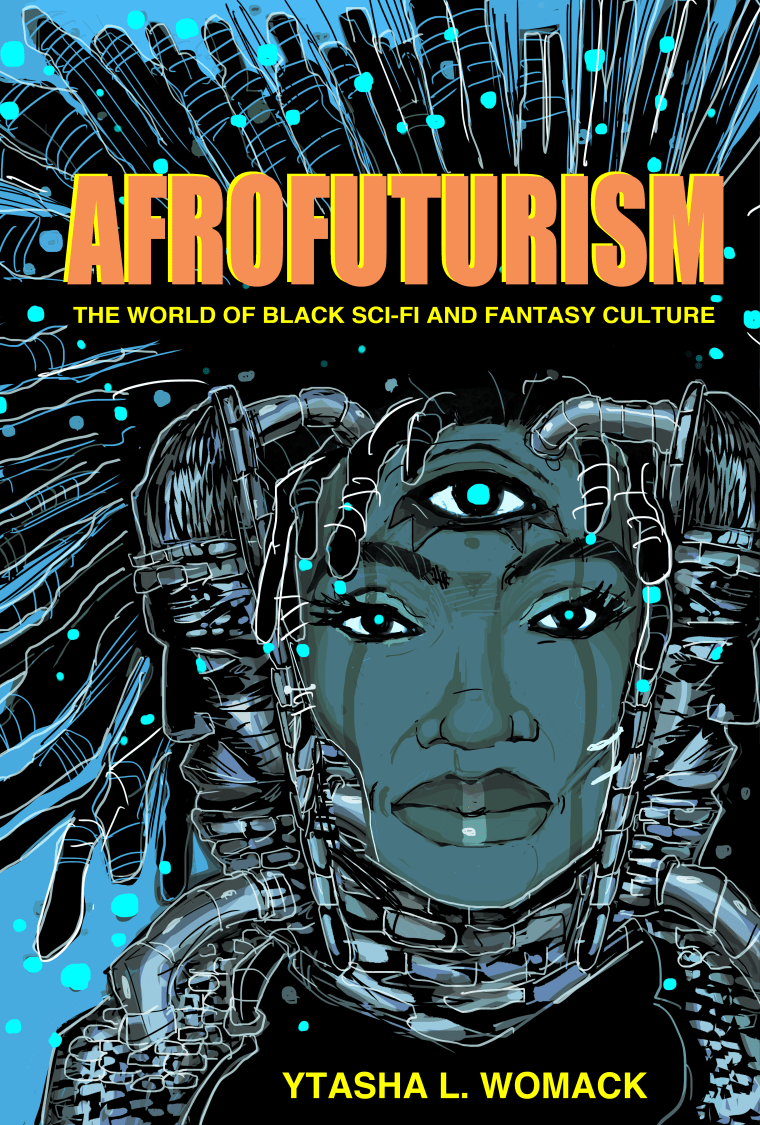How often do we allow ourselves the opportunity to re-imagine the Black experience?
This question is suspended in mid-air during a time when blackness is either trivialized, as depicted in films like “Dear White People”, or suppressed when cases like those of Sandra Bland, Tamir Rice, Eric Garner, and Michael Brown continue to question our status and comfort as both citizens and African-Americans.
New York Comic Con 2015 quickly came and left with an agenda filled with discussions on the future and need for diversity in comic books, featuring Alex and Eric Dean Simmons. In light of recent events that surround the lack of minority representation, this literary genre that emerges in popularity, fuses together elements of Afrocentrism, science, history, and fiction in order to re-envision stories of Black strength.
This is Afrofuturism, a term coined by Mark Dery, an American author who defined it as “…speculative fiction that treats and addresses African-American concerns in the context of 20th century techno-culture – and more generally, African-American signification that appropriates images of technology and a prosthetically enhanced future."

While this genre made its inception via literature and graphic novels, it became a personal admiration once the connection between music and Afrofuturism had been made with musicians like Janelle Monae, Outkast, Erykah Badu, and Raury.
Related: Diverse Heroes Matters: ‘The Legend of the Mantamaji’ Comes to Life
There are some interesting intersections between Afrofuturism and hip-hop. “These artists, in a contemporary space, are also drawing from their personal histories and their global, national, local histories as well,” said Deirdre Hollman, Director of Education and Exhibitions of the Schomburg Center for Research in Black Culture. “We are so conditioned to compartmentalize with different topics like Afrofuturism and hip-hop,” she continued. However there's palpable evidence of their intersection.
Hollman organizes and curates an annual summer education institute at the Schomburg Center for Research in Black Culture in Harlem called Black History 360, which is intended to “explore the history and culture of African Americans and African peoples through the Diaspora.”

It was there that John Jennings, a visual design professor from SUNY Buffalo, spoke about the fusion of identity, literature, technology, Africana Studies, and other elements of academia into Afrofuturism. Most of these stories are told through graphics and comic strips like the ones Jack Kirby and Stan Lee created.
Jennings made a point during his lecture that “Afrofuturism is imagining ourselves in the future, which is pretty audacious for us to think that way seeing how we’re not supposed to have one.”
As he continued to dissect the elements of Afrofuturism which he intertwined with his personal narrative, he discussed his role as co-curator of a new exhibit at the Schomburg Center titled Unveiling Visions: The Alchemy of the Black Imagination which "confirms that Afrofuturism is part and parcel of the zeitgeist by adding current trends concerning human and technological obsolescence, time, futurity, and economic and ecological forecasting in order to understand the full picture of what plagues our collective consciousness."

This perspective allows artists, writers, and their audiences to personify the Black experience; it is in this space where the naked body is viewed as strength, so when we see Black men in robot suits like Teen Titans’ Cyborg, it has an emasculating effect – the black man has no value without his prosthetic. When asked how he got into this particular genre of storytelling, Jennings replied, “I was always surrounded by books. I always loved stories, and I always escaped into that space.”
After his lecture, he opened up a small Q&A which generated conversations on race, gender, and identity. Afrofuturism is an inclusive genre; stories are always being created where the main characters are from the LGBTQA community in all walks of life and females are taking control of their own lives in narratives written by writers like Octavia Butler.
The brief mention of hip-hop’s intersection with Afrofuturism and its importance on history became increasingly relevant throughout the week, as the topic of student engagement circulated during the institute. Hollman thanked her position as a teacher in the Schomburg Center for the opportunity to “be in a space where I can be unconventional and nontraditional and use materials like these to capture the imagination of young black people.”
“Afrofuturism is imagining ourselves in the future, which is pretty audacious for us to think that way seeing how we’re not supposed to have one.”
When looking at the culture of both Hip-Hop and Afrofuturism, Hollman finds that they “are just a more contemporary history of the African-American and African diasporic communities and then the products of those communities: the art, the fashion, the lingo, the traditions, the language, the representations in the body, the performance of gender, style, literature, technology, it’s all there.”
Afrofuturism challenges pop culture because it “is an appropriation of our oral history” where the most popular aspects of life, entertainment, and culture have been extracted from personal narratives and reformed for mass consumption, as Jennings described it.
He even called hip-hop a cultural hacking because it’s a shifting tool, just like African-American awareness and black imagination.
The Unveiling Visions exhibit is on display at the Schomburg Center for Research in Black Culture between October 1 to December 31, 2015.